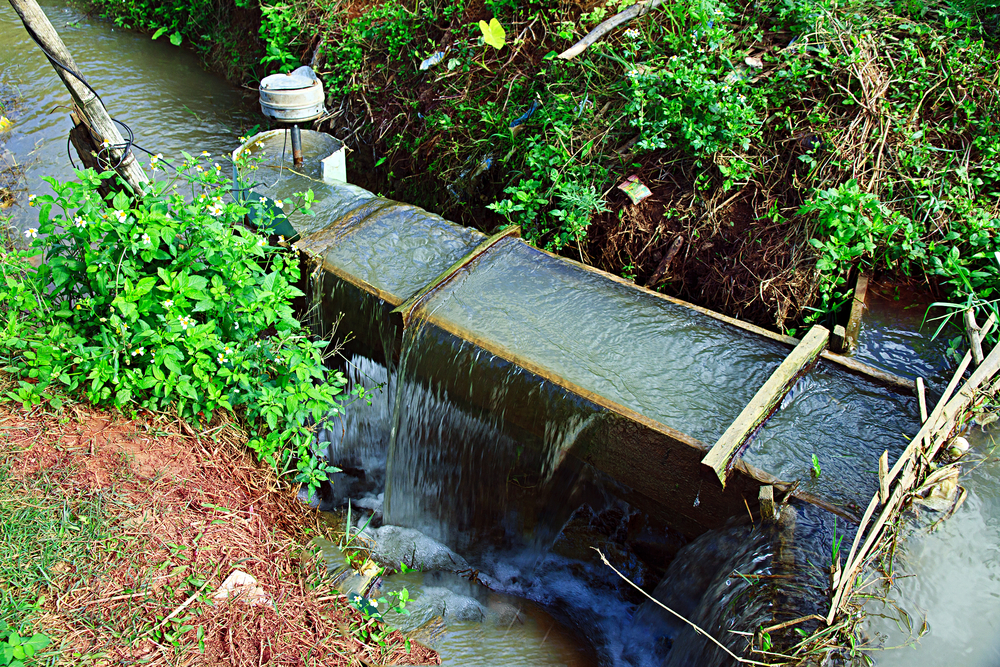The EU-funded Hydro4U project promotes a sustainable future by introducing innovative, climate-resilient small hydropower solutions that are affordable, easy to install in remote areas, and built to meet Europe’s stringent quality and environmental standards.
Central Asia has rich hydropower potential, especially in the upstream regions, but much of it remains untapped. Aging infrastructure, limited investment in new plants, and increasing pressures from climate change and water scarcity continue to hinder the sector’s growth.
The consortium will implement advanced planning tools, work in partnership with local communities, and build partnerships with local businesses.
The aim is to forge a path towards cleaner and more sustainable energy supplies, along with new commercial opportunities across Central Asia.
Commercial trials of small hydropower generation across Asia
The Hydro4U project has successfully developed and tested two innovative small hydropower solutions that support local communities and are designed with environmental and ecological aspects in mind.
Francis Container Power Solutions (FCPS) is operational in Shakimardan, Uzbekistan, delivering renewable energy through a modular, low-cost approach that is easy to deploy in remote locations.
Meanwhile, in Atbashi, Kyrgyzstan, construction is underway on Hydroshaft Power Solutions (HSPS), a state-of-the-art plant designed to maximize climate resilience and ecological compatibility.
Advanced mapping for integrated power generation
Beyond these two technology solutions, Hydro4U partners are evolving an array of innovative tools, from GIS-based mapping and advanced water accounting systems to fish-friendly ecological monitoring. All of these are designed to align hydropower development with the water, energy, food, and climate nexus.
At the same time, 3D planning methods such as drone-based surveys and Building Information Modeling (BIM) are setting new standards for sustainable and integrated power generation across the region.
Collaboration with local communities
From the beginning, Hydro4U partners have worked closely with local communities and businesses to ensure that the project delivers not only energy security but also local economic opportunities for people.
For many residents, these plants represent a long-awaited step toward a more reliable and sustainable energy future.
As the project progresses, the Hydro4U consortium aims to replicate these successes across the region and help unlock Central Asia’s vast hydropower potential, while setting standards for responsible renewable energy development.
Source link

